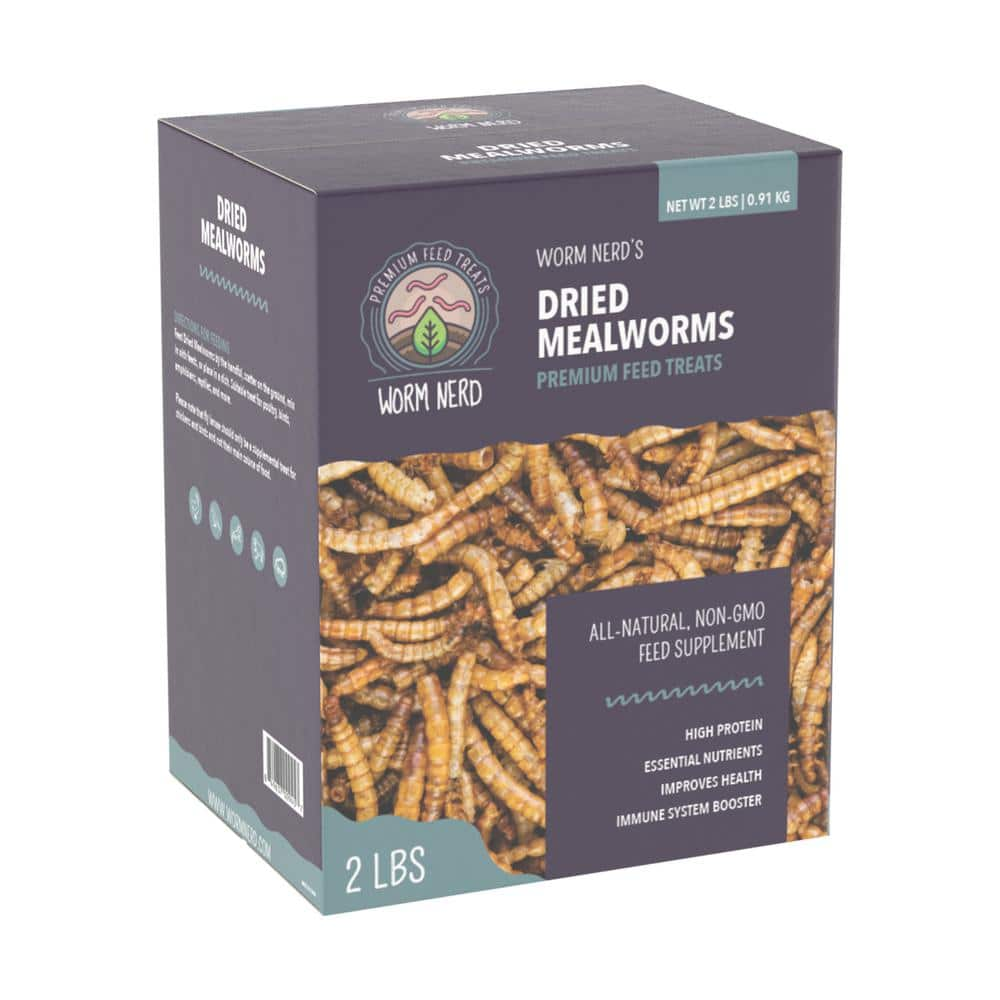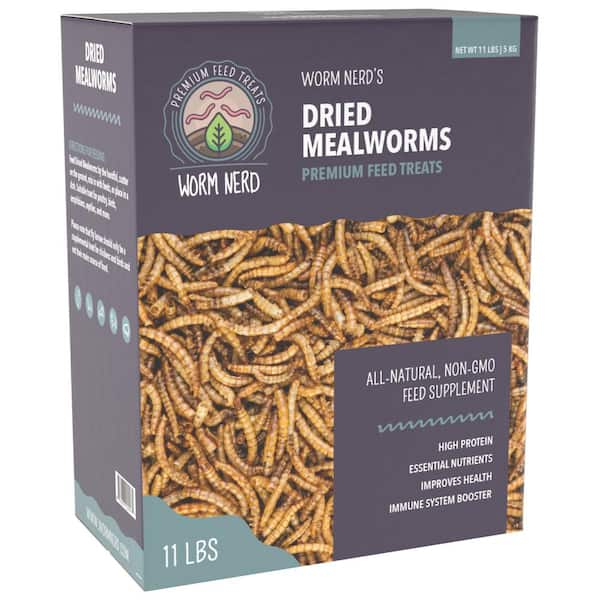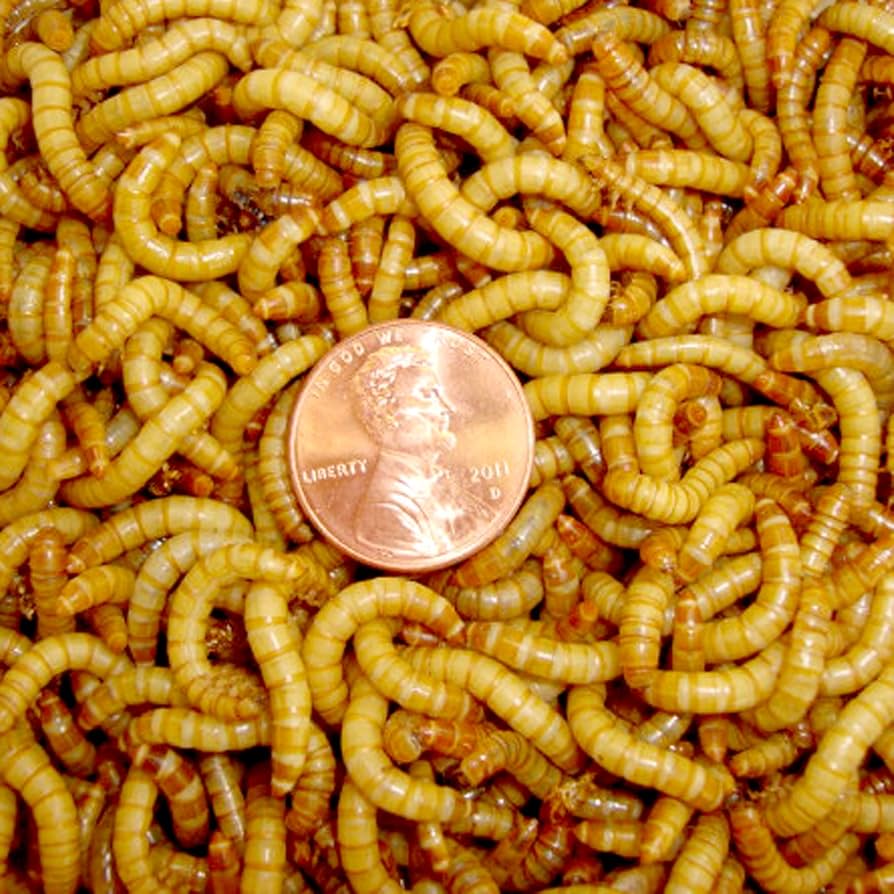Reptiles are fascinating creatures that require proper feeding and nutrition to ensure their health and happiness. Understanding the dietary needs of your scaly friend is crucial, as different species have different requirements. Some reptiles, such as bearded dragons and sulcata tortoises, are herbivores and need a diet rich in vegetables and fruits. On the other hand, carnivorous reptiles like snakes and axolotls need a diet of live or frozen prey. Mealworms, which are high in protein, are a popular choice for many reptiles. If you’re looking for mealworms for sale online, our article “Find the Best Mealworms for Sale Online” provides helpful tips to guide you. Additionally, we offer resources on axolotl food, other food options, mite infestations, bearded dragon egg incubation, and sulcata tortoise diets for more comprehensive information on reptile care. Remember, a well-fed reptile is a happy reptile!

Understanding Reptile Dietary Needs
Reptiles have unique dietary needs based on their species. It’s crucial to understand and fulfill these needs to ensure their health and well-being. Some reptiles, like bearded dragons and sulcata tortoises, are herbivores and require a diet rich in vegetables and fruits. Providing a balanced and varied diet is essential for these reptiles to obtain all the necessary nutrients. On the other hand, snakes and axolotls are carnivores and rely on a diet of live or frozen prey. Understanding and meeting the specific dietary requirements of your reptile is vital for their overall health.
Importance of Researching Specific Dietary Needs
Each species of reptile has its own unique dietary needs, and it’s crucial to research and understand these requirements before bringing a reptile into your home. Feeding the wrong type of food or providing an imbalanced diet can lead to various health issues such as nutritional deficiencies or obesity. It’s important to consider the natural diet of the reptile in the wild and try to replicate it as closely as possible. Doing thorough research and seeking advice from reputable sources will ensure that you are providing the proper nutrition for your reptile.
Popular Food Choice: Mealworms
Mealworms are a popular food choice for many reptiles due to their high protein content and availability. They are easy to find in pet stores and can also be purchased online. Mealworms are suitable for a variety of reptiles, including bearded dragons, leopard geckos, and many species of snakes. They provide a good source of protein, essential fatty acids, and vitamins. However, it’s important to remember that mealworms should not be the sole source of nutrition for your reptile, as they lack certain nutrients. They should be offered as part of a balanced diet.
Tips for Finding Mealworms for Sale Online
If you’re looking to buy mealworms for your reptile online, there are a few tips to keep in mind. First, make sure to purchase from a reputable source. Look for online stores or breeders that have positive reviews and a good reputation. It’s also important to consider the quality of the mealworms. Look for sellers that provide information about their breeding practices and packaging methods to ensure that you are receiving healthy and nutritious mealworms. Lastly, compare prices and shipping options to find the best deal and ensure that the mealworms will arrive in good condition.

Unique Dietary Needs of Axolotls
Axolotls are unique creatures that require specific dietary needs. They are carnivorous and primarily feed on live prey, such as small fish and insects. Axolotls are also known to enjoy certain types of worms, such as bloodworms and blackworms. It’s important to provide a varied diet for axolotls to ensure they receive all the necessary nutrients. Feeding them a combination of high-quality pellets, live or frozen prey, and fresh vegetables as occasional treats is recommended. Axolotls are sensitive to water quality, so it’s crucial to maintain clean and properly oxygenated water to support their overall health and digestion.
Other Food Options for Reptiles
While mealworms are a popular choice, there are various other food options available for reptiles. Crickets, dubia roaches, and waxworms are commonly fed to reptiles as they provide a good source of protein and can stimulate natural hunting behaviors. Vegetables and fruits should also be a part of a herbivorous reptile’s diet. It’s important to research the specific dietary preferences and nutritional needs of your reptile species to offer a well-rounded and nutritious diet.

Potential Health Issues and Prevention
Reptiles, like any other pets, can experience health issues if their dietary needs are not met. Nutritional deficiencies, such as calcium or vitamin deficiencies, are common in reptiles kept on improper diets. This can lead to metabolic bone disease, organ failure, and other serious health conditions. It’s essential to monitor your reptile’s health closely and seek veterinary care if any abnormalities or symptoms arise. Regular veterinary check-ups and consultations are recommended to ensure your reptile is receiving optimal nutrition and to address any health concerns promptly.
The Process of Bearded Dragon Egg Incubation
Breeding reptiles, such as bearded dragons, can be a rewarding experience. Understanding the process of bearded dragon egg incubation is crucial for successful breeding. Female bearded dragons lay eggs in a suitable nesting area, and these eggs need to be properly incubated to ensure successful hatching. The temperature and humidity levels during incubation play a vital role in determining the sex of the hatchlings. It’s important to research and follow specific guidelines for bearded dragon egg incubation to increase the chances of successful hatching and healthy offspring.

Feeding Sulcata Tortoises
Sulcata tortoises are popular pets due to their friendly nature and large size. They have specific dietary requirements that need to be met to support their overall health and growth. Sulcata tortoises are herbivores and primarily feed on grasses and weeds. Providing a diet rich in fibrous greens, such as dandelion greens, kale, and collard greens, is essential for their digestive health. It’s crucial to avoid feeding them high-protein foods like animal protein or excessive fruits, as it can lead to shell deformities and metabolic disorders. A well-balanced diet, proper hydration, and appropriate supplementation are key to keeping sulcata tortoises healthy.
Conclusion
Understanding the dietary needs of your reptile is crucial for their health and well-being. Researching and fulfilling their specific dietary requirements will ensure they receive the proper nutrition they need to thrive. Mealworms are a popular food choice, but it’s important to offer a varied diet that includes other prey items or plant-based foods depending on their species. It’s also essential to be aware of potential health issues and seek veterinary care if needed. Bearded dragon egg incubation and feeding sulcata tortoises require specific knowledge and guidelines. By providing the right nutrition and care, you can ensure the longevity and happiness of your scaly friend.

Please check out these posts for further information on this topic:-
